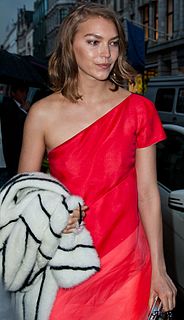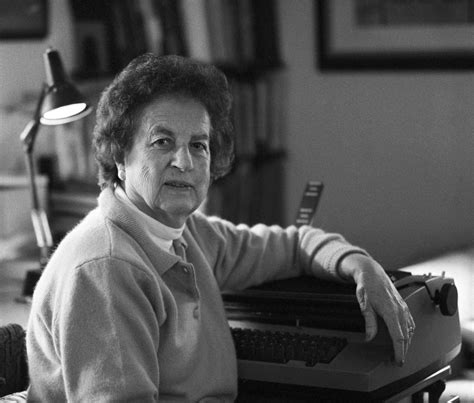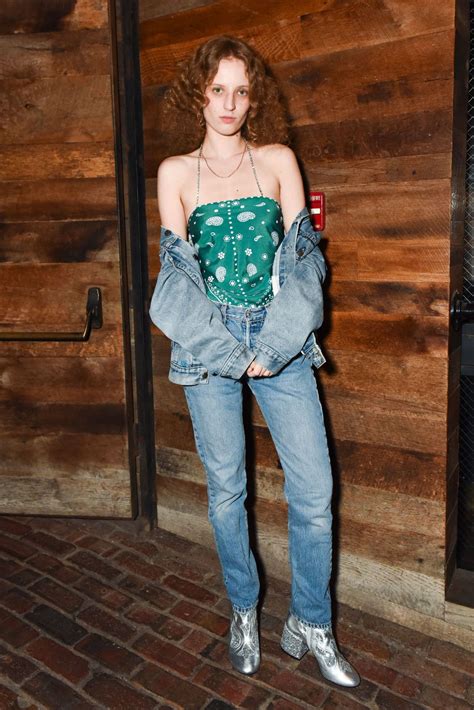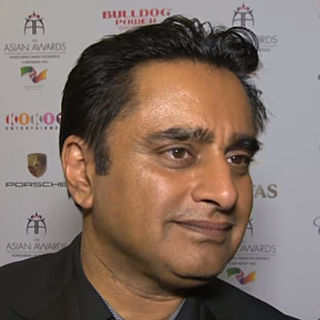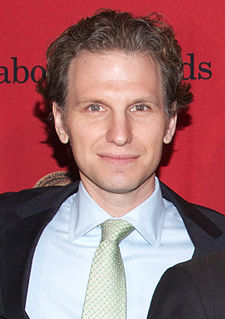A Quote by Arizona Muse
My mother's English, and she always was fascinated by the desert.
Related Quotes
My father was English. He date-raped my mother so she's hated English men ever since. You know my boyfriend's English, and I'm, uh, I'm half-English, which she's never been real happy about. If she finds out I'm dating someone English, she'll ah, think I' turning my back on her and becoming a foreigner.' Cathy, that's the stupidest reason I've ever heard.
My mother wanted to be a mother. That's the only thing she wanted from the bottom of her heart. She didn't want to be the number one actress - which she was - and she didn't want to be this great legend. All she wanted to be was a mother and she did but God took her away. So I always will empathise and sympathise with women.
My mother had been an English teacher in India before she came to the U.K., and she taught me to read early on - not only in English, but in Hindi, too. My teachers didn't like the fact that I was reading more quickly than they were teaching, and as a consequence, I would sometimes get bored in class.
When we were arguing on my twenty-fourth birthday, she left the kitchen, came back with a pistol, and fired it at me five times from right across the table. But she missed. It wasn't my life she was after. It was more. She wanted to eat my heart and be lost in the desert with what she'd done, she wanted to fall on her knees and give birth from it, she wanted to hurt me as only a child can be hurt by its mother.
A lot of people say that Eleanor Roosevelt wasn't a good mother. And there are two pieces to that story. One is, when they were very young, she was not a good mother. She was an unhappy mother. She was an unhappy wife. She had never known what it was to be a good mother. She didn't have a good mother of her own. And so there's a kind of parenting that doesn't happen.
I definitely get my artistry and my vocal talent from my mother and mother's side. She sang in a jazz trio band so growing up my dad would always take me to see her play and she has a beautiful voice. When I was little and started to sing, she supported me and let that fire burn. She always knew what it took as a support system.
My mother teaches high school English, and she's an artist and a poet and a sculptor, she's published twelve poetry books. I grew up in a household in Venezuela with living, breathing art installations that were the way that she used to express herself, a highly creative environment where ideas were celebrated, where artistic expression was celebrated. Seeing her as somebody who was always able to have a creative output - if she felt sad, she wrote a poem, if she felt happy, she made a sculpture - I think for me, there was an early interest in finding outlets for my passions.
Sometimes we adopt certain beliefs when we're children and use them automatically when we become adults, without ever checking them out against reality. This brings to mind the story of the woman who always cut off the end of the turkey when she put it in the oven. Her daughter asked her why, and her mother responded, "I don't know. My mother always did it." Then she went and asked her mother, who said, "I don't know. My mother always did it." The she went and asked her grandmother, who said, "The oven wasn't big enough."
